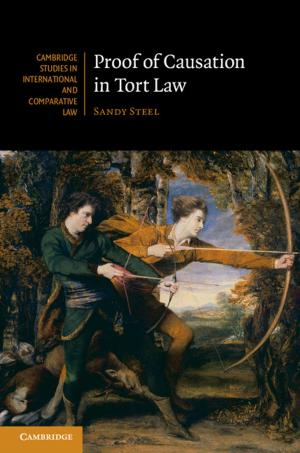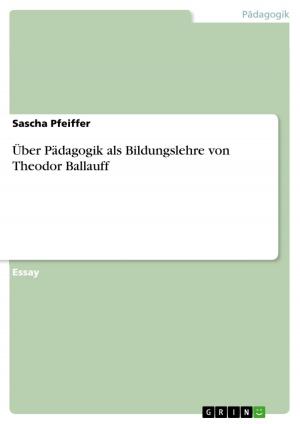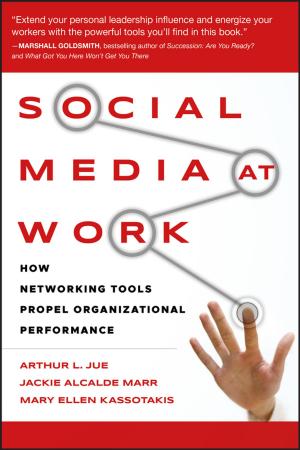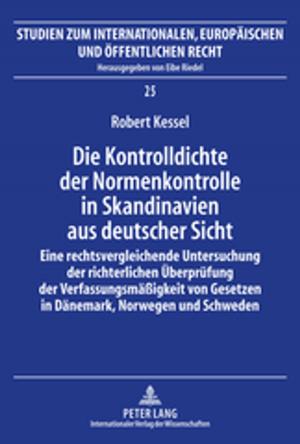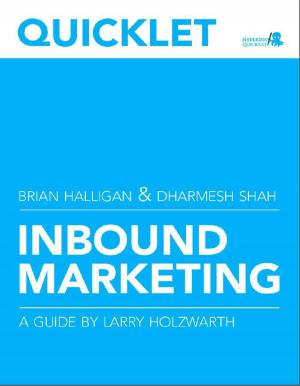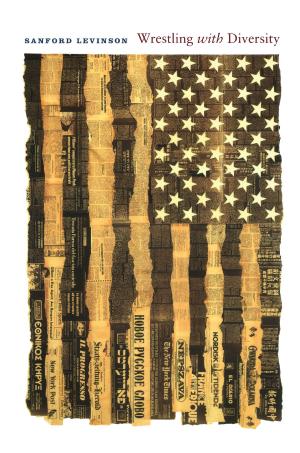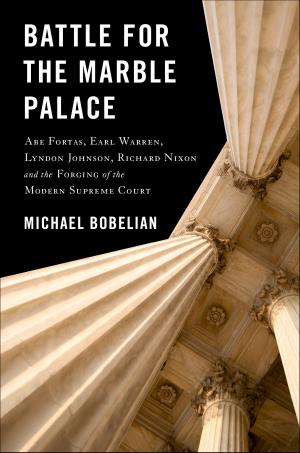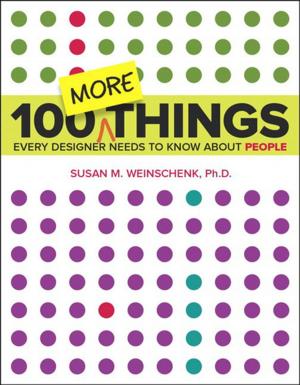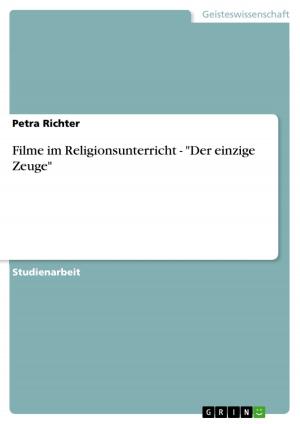| Author: | David Dewar | ISBN: | 9780991719921 |
| Publisher: | BarryAlder.com | Publication: | November 29, 2012 |
| Imprint: | Smashwords Edition | Language: | English |
| Author: | David Dewar |
| ISBN: | 9780991719921 |
| Publisher: | BarryAlder.com |
| Publication: | November 29, 2012 |
| Imprint: | Smashwords Edition |
| Language: | English |
Dr. R. C. Wallace . . . Scientist, Educator, Administrator
Based on 16 interviews granted by Dr. R. C. Wallace to D. G. Dewar in 1952 and 1953.
His views on Education – Dr. Wallace gives his views on modern education. The object of education is character; it is not enough to acquire knowledge, but judgment should be the goal. For this reason he lays great stress on teachers who can arouse enthusiasm and provoke students to think. He outlines in detail his teaching procedures and techniques.
On Science – he takes the view that all knowledge is a unity. He discards the mechanistic conception of the universe as inadequate, and argues that the scientific method does not apply to a large area of human affairs. Science can do harm as well as good and for this reason he feels that the teaching of science must be humanized.
Of Administration – Dr. Wallace enumerates and explains the principles by which he administered for 23 years. He outlines the techniques he followed at the University of Alberta and at Queen’s University. Integrity and efficiency were his two cardinal requirements. Universities exist primarily for the students, he would remind his staff.
Dr. R. C. Wallace . . . Scientist, Educator, Administrator
Based on 16 interviews granted by Dr. R. C. Wallace to D. G. Dewar in 1952 and 1953.
His views on Education – Dr. Wallace gives his views on modern education. The object of education is character; it is not enough to acquire knowledge, but judgment should be the goal. For this reason he lays great stress on teachers who can arouse enthusiasm and provoke students to think. He outlines in detail his teaching procedures and techniques.
On Science – he takes the view that all knowledge is a unity. He discards the mechanistic conception of the universe as inadequate, and argues that the scientific method does not apply to a large area of human affairs. Science can do harm as well as good and for this reason he feels that the teaching of science must be humanized.
Of Administration – Dr. Wallace enumerates and explains the principles by which he administered for 23 years. He outlines the techniques he followed at the University of Alberta and at Queen’s University. Integrity and efficiency were his two cardinal requirements. Universities exist primarily for the students, he would remind his staff.



